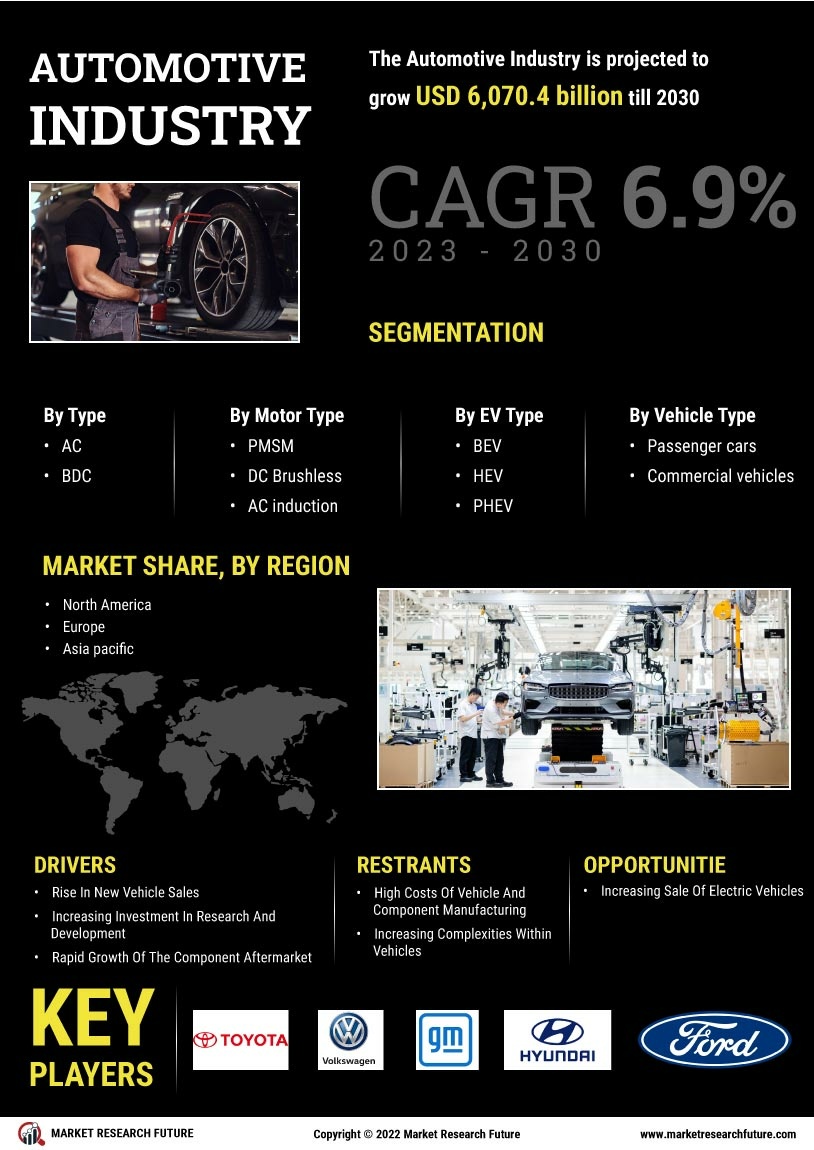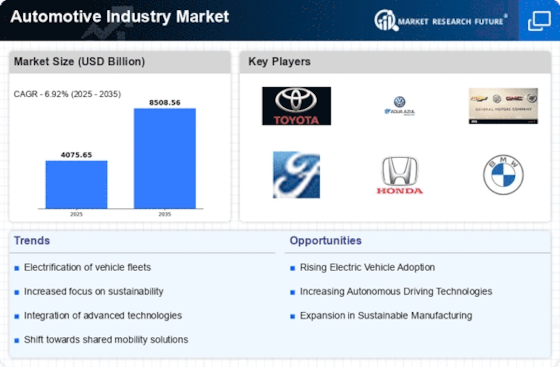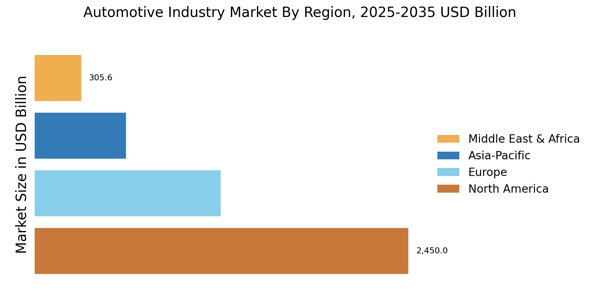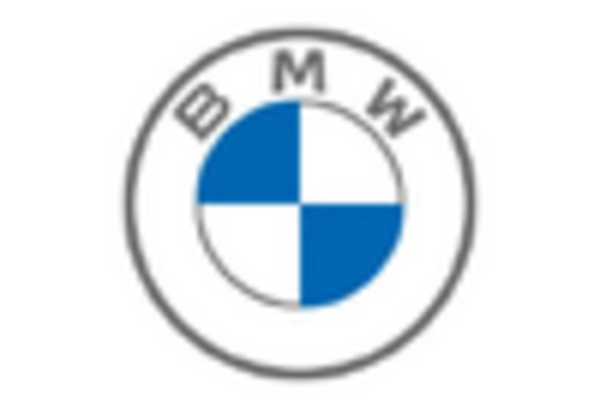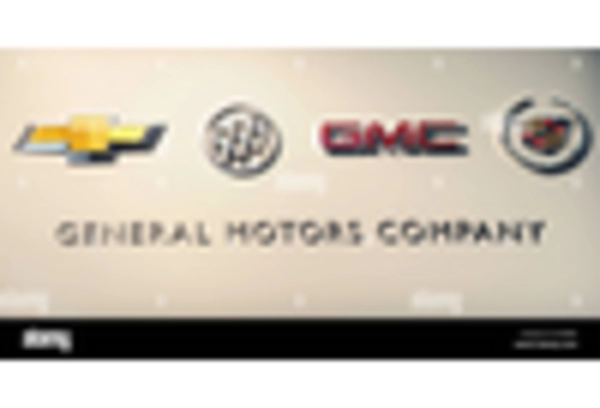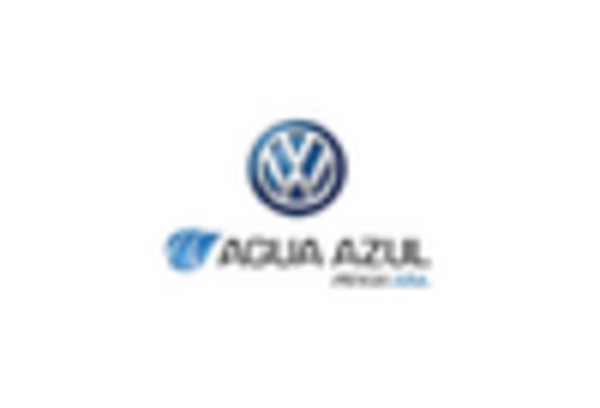Research Methodology on the Automotive Industry market
The research methodology adopted in this report is a combination of primary and secondary research. Primary research includes surveys, interviews and questionnaires, with individual industry experts and key opinion leaders. Secondary research includes analysing annual and financial reports of companies operating in the Automotive Industry, industry white papers and journals, company databases and internet searches.
The primary research surveys are conducted on industry experts and key opinion leaders in the Automotive Industry, to gather an in-depth understanding and perspective of the current Automotive Industry environment, global trends, market dynamics, regulations and an understanding of the competitive landscape. The primary research is conducted on an international basis, with industry experts and key opinion leaders from China, Japan, India, the USA and Europe participating in the research.
The secondary research is conducted using a variety of sources including company annual and financial reports, company databases, industry journals, and internet searches. The secondary research is used to validate the primary research and to assess the global market trends concerning the Automotive Industry.
Primary research questions and points of focus include:
- What are the current trends in the Automotive Industry?
- How is technology impacting the Automotive Industry?
- What are the growth drivers of the Automotive Industry?
- What are the challenges the Automotive Industry is facing?
- How are regulations impacting the Automotive Industry?
- What are the opportunities available in the Automotive Industry?
- What is the competitive landscape of the Automotive Industry?
For the qualitative analysis, statistical methods such as frequency tables, cross tabs, and descriptive statistics are used to provide a clear picture of the market as it is today. Furthermore, qualitative analysis such as content analysis and psychometric analysis is conducted to gain a deeper understanding of the Automotive Industry.
The quantitative analysis includes market sizing and forecasting, as well as market segmentation and industry analysis. Statistical equations and models such as regression, correlation, factor analysis, cluster analysis and principal component analysis are used to analyse the past and present market data.
Additionally, principal component analysis is used to identify the correlation between the industry and its economic indicators.
The report is extensively validated using data from third-party sources such as industry expert and key opinion leader interviews, company annual reports, white papers and industry journals.
To ensure the accuracy of the reporting and conclusions, an iterative process is used to build and refine the project scope, validate the primary and secondary research data and sources, identify data gaps and incorporate new information.
The report is finally delivered after rigorous quality assurance checks.
Objectives of the Study
The objectives of the study are to understand the current and future dynamics of the Automotive Industry, to understand the size and the industry structure of the Automotive Industry and to analyse key trends in the industry. The objectives of the study are also to assess the market opportunities and identify the key regions and segments where growth is likely to originate.
Scope of the Report
This report examines the Automotive Industry and its current trends, dynamics, market opportunities and global growth drivers. The report also provides an in-depth analysis of the competitiveness of the Automotive Industry and an analysis of global market trends. The report focuses on key regions such as China, Japan, India, the USA and Europe.
